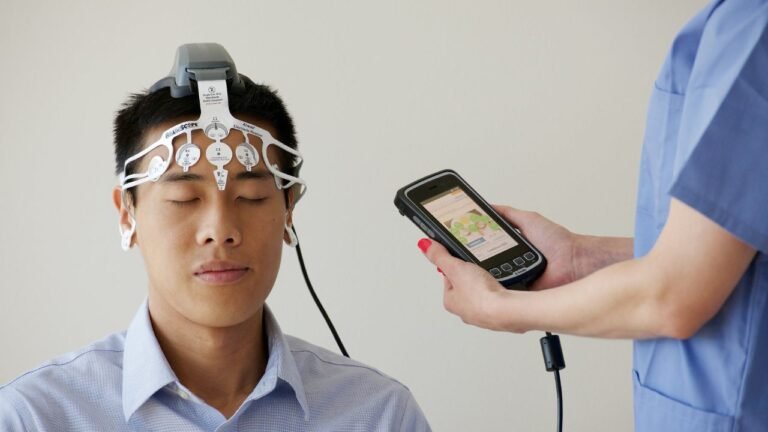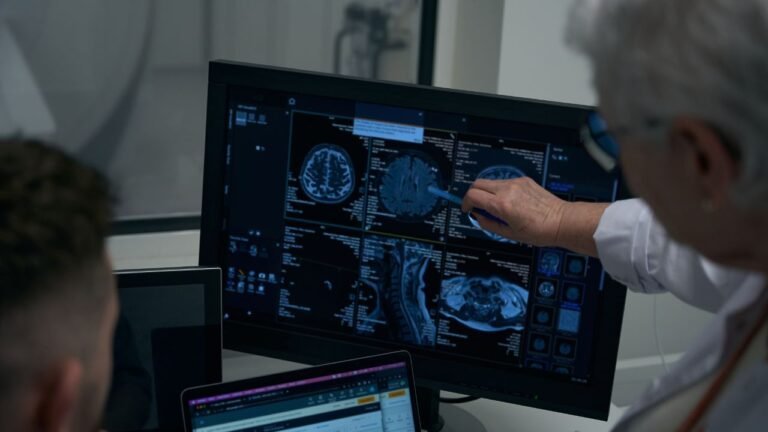Welcome to Anand Neuro Care, where we strive to provide comprehensive care for neurological conditions. In this article, we will delve into the topic of seizures, shedding light on their causes, symptoms, and available treatments.
What are Seizures?
Seizures are sudden, uncontrolled electrical disturbances in the brain that can cause changes in behavior, movements, feelings, and consciousness. They can vary in intensity and duration, ranging from a few seconds to several minutes.
Causes of Seizures
Seizures can be caused by various factors, including:
- Epilepsy: This is a chronic neurological disorder characterized by recurrent seizures. It can be caused by genetic factors, brain injury, or an underlying medical condition.
- Brain Injuries: Traumatic brain injuries resulting from accidents, falls, or sports-related incidents can trigger seizures.
- Infections: Certain infections, such as meningitis or encephalitis, can lead to seizures.
- Stroke: A stroke occurs when the blood supply to the brain is disrupted, and it can cause seizures in some cases.
- Tumors: Brain tumors can interfere with normal brain activity and cause seizures.
- Metabolic Imbalances: Imbalances in blood sugar, sodium, calcium, or magnesium levels can trigger seizures.
Symptoms of Seizures
The symptoms of seizures can vary depending on the type and severity of the seizure. Common symptoms include:
- Loss of consciousness: Some seizures may cause a person to lose consciousness and appear unresponsive.
- Convulsions: Seizures can cause uncontrollable shaking or jerking movements.
- Temporary confusion: After a seizure, individuals may feel confused or disoriented.
- Aura: Some people experience warning signs, known as auras, before a seizure occurs. These can include visual disturbances, strange smells, or a sense of impending doom.
- Repetitive movements: Seizures can cause repetitive movements, such as lip smacking, chewing, or fidgeting.
Treatment for Seizures
The treatment for seizures depends on the underlying cause and the type of seizure. Here are some common approaches:
- Medication: Antiepileptic drugs (AEDs) are often prescribed to control and prevent seizures. The choice of medication depends on the individual’s specific needs.
- Lifestyle modifications: Certain lifestyle changes, such as getting enough sleep, managing stress, and avoiding triggers, can help reduce the frequency of seizures.
- Surgery: In some cases, surgery may be recommended to remove brain abnormalities or implant devices that can help control seizures.
- Alternative therapies: Complementary and alternative therapies, such as acupuncture, biofeedback, or ketogenic diet, may be considered as adjunct treatments for seizures.
When to Seek Medical Help
If you or someone you know experiences a seizure for the first time, it is essential to seek medical attention. Additionally, the following situations warrant immediate medical help:
- The seizure lasts longer than five minutes.
- Repeated seizures occur without regaining consciousness in between.
- Difficulty breathing or injury during the seizure.
- Pregnancy or diabetes complicates the seizure.
At Anand Neuro Care, we understand the impact seizures can have on an individual’s quality of life. Our team of experts, led by Dr. Anand Kumar Jha, is dedicated to providing personalized care and treatment options tailored to each patient’s needs.
If you or a loved one is experiencing seizures or any other neurological concerns, we encourage you to reach out to us to schedule a consultation. Our compassionate team is here to help you navigate your journey towards better neurological health.







